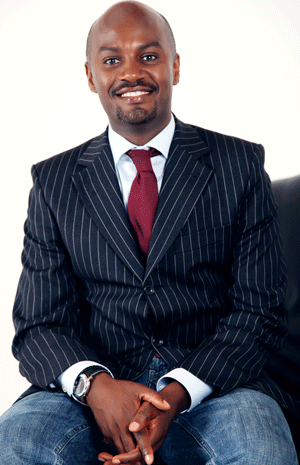Do the suffering people of Burundi a
favour in their ongoing civil war; don’t help them
Burundi seems to be sliding into
chaos. Innocent civilians are being killed in droves. News reports from the
capital, Bujumbura, are both sickening and horrifying. Everyone wants the
international community to do something. It is human nature to be revolted by
such human suffering and desire to do something to save the lives of innocents
who become victims of such madness. But this human instinct for kindness is
rarely a basis for good policy. On the contrary, contemporary history is
replete with examples of interventions to save human lives that make a bad
situation worse.
